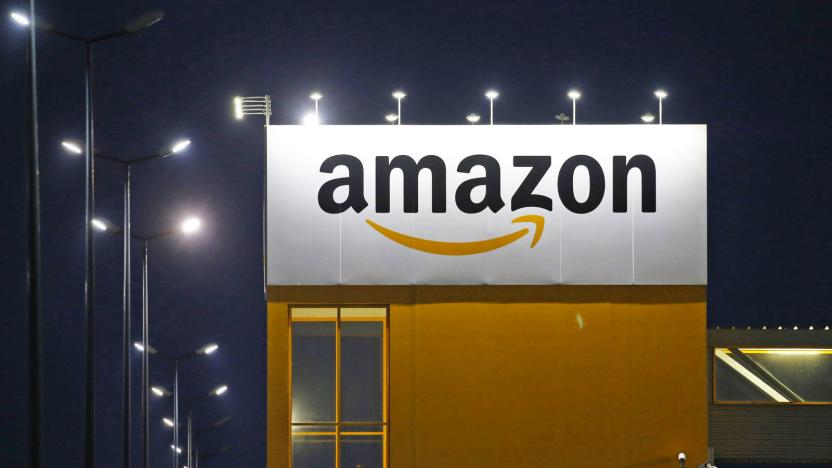amazonaws
Latest

Amazon admits that a typo took the internet down this week
The Great Amazon Web Services Outage of 2017 is behind us. Now, Jeff Bezos' golden child is ready to explain what happened. Turns out, what took Giphy, Medium, Slack, Quora and a ton of other websites and services down was a typo. As Amazon explains it, some of its S3 servers were operating rather sluggish, so a tech tried fixing it by taking a few billing servers offline. A fix straight from the company's playbook, it says. "Unfortunately, one of the inputs to the command was entered incorrectly and a larger set of servers was removed than intended." Whoops. As for why the problem took so long to correct, Amazon says that some of its server systems haven't been restarted in "many years." Given how much the S3 system has expanded, "the process of restarting these services and running the necessary safety checks to validate the integrity of the metadata took longer than expected." Amazon has apologized and promises to do better in the future, at least, saying it has altered the at-fault tool (the code, not the employee) so it removes capacity slower. Beyond that, it is adding measures to stop so many being taken offline at once.

Amazon aims to unify push notifications across app platforms with SNS service
Calling all app developers: Amazon just launched a new tool that you'll no doubt want to take a peek at. The company's Web Services (AWS) division has just introduced Amazon Simple Notification Service (Amazon SNS) with Mobile Push, which is described as a "fully managed, cross-platform push notification service in the cloud." The real kicker, of course, is this nugget: "With one simple API, application developers can easily send notifications to Apple iOS, Google Android and Kindle Fire devices." Amazon's allowing all AWS customers to use the service for free so long as the reach remains under one million users, but even if you exceed that, you'll only be asked to pay $1 for each additional million. Devs who have historically had to build and maintain different push architectures for separate platforms will likely fawn over such a universal approach, and while it's certainly not the first of its kind, it's the first to be backed by a stalwart such as Amazon. Hit up the outfit's SNS portal to get started, but please, don't take this as a green flag to up your spamming efforts -- we all know how that turned out for Farmville.

